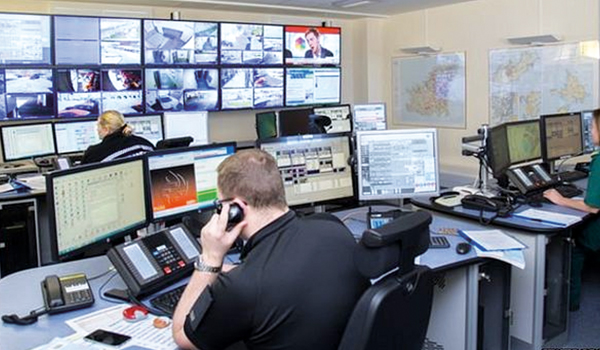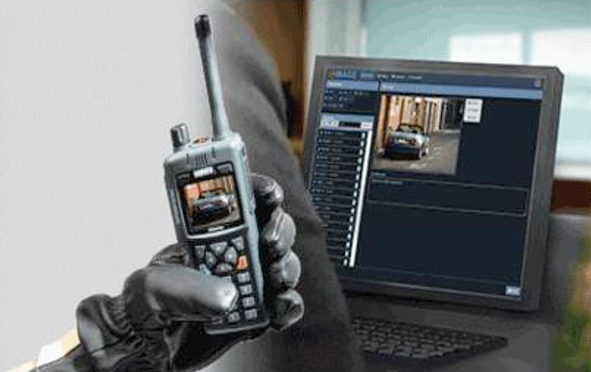Digital crackdown on financial crime
Guernsey Police and the Guernsey Border Agency have invested in the latest digital investigation software to help crack down on financial crimes, with the Bailiwick of Guernsey now a key transit point for global financial transactions.
Guernsey Police and the Guernsey Border Agency have invested in the latest digital investigation software to help crack down on financial crimes, with the Bailiwick of Guernsey now a key transit point for global financial transactions.
The UK Crown dependency in the English Channel has just 65,000 residents but hosts a significant financial services industry that constitutes one-third of its economy.
The proceeds of corruption, money laundering and fraud are a big concern for us as they are in many other financial jurisdictions, said Detective Inspector Andy Domaille, head of the Computer Crimes Unit with the Guernsey Police. We have to ensure were using the laws, skill sets and tools that are available to us to make sure that the world at large sees that we take financial crime seriously.
While the force has had hi-tech crime investigative capabilities since the late 1990s, and formed the dedicated Computer Crimes Unit in 2009, with the volume of data involved in financial crimes increasing exponentially, traditional enforcement methods were struggling to keep up, said Det Insp Domaille.
Existing tools for searching digital evidence were designed to operate on individual computers. They offered little help consolidating and analysing information that, in financial crimes, was often spread across dozens or hundreds of computers from all over the world.
We were dealing with international companies with operations around the globe, and had to try and prove a case based on emails, documents and server contents, explained Det Insp Domaille. None of our existing tools were up to the job, so we began looking into ways to deal with it.
Effectively policing the financial services industry requires broad visibility into, and rapid analysis of, massive volumes of digital evidence, including emails, databases and files, said Det Insp Domaille.
The new platform from Nuix, specialists in electronic investigation, e-discovery and information governance software, now allows Guernsey Police and the Guernsey Border Agency to:
Combine multiple evidence sources for correlation, analysis and collaborative investigation;
Identify hidden relationships across data sets with intelligence extraction capabilities;
Enable investigators and external subject matter experts to analyse, review and collaborate on digital evidence; and
Receive strong support from Nuix to expand its forensic capabilities in response to the changing needs of live investigations.
Early demonstrations had already shown that the Investigator Lab programme from Nuix could easily handle the varied types of data facing the investigators. In addition, it could provide the top-down view that was essential in discovering often carefully hidden relationships between investigated entities.
In the first use of the software, Guernsey Police consolidated more than a terabyte of data from 38 different exhibits sourced from four different jurisdictions around the globe. Computer Crimes Unit staff then began indexing and analysing the data.
Det Insp Domaille says investing in the technology has equipped Guernsey Police and the Guernsey Border Agency with the tools to successfully collect, organise and investigate a broad range of digital data that would otherwise have been too unwieldy for non-technical staff to manage. This, in turn, has helped the authorities maintain the integrity of Guernseys financial services industry.
The law enforcement agencies can now assemble files from a broad range of different sources computers, hard drives, smartphones, memory cards and others and organise them into timelines. They can then corroborate documents to real-world actions to paint an accurate timeline of the lifecycle of digital documents.
The platform has allowed for a truly collaborative investigation environment, said Det Insp Domaille. The Computer Crimes Unit has been able to bring investigators and external subject matter experts, such as lawyers, closer to the evidence. This means the people with the greatest expert




